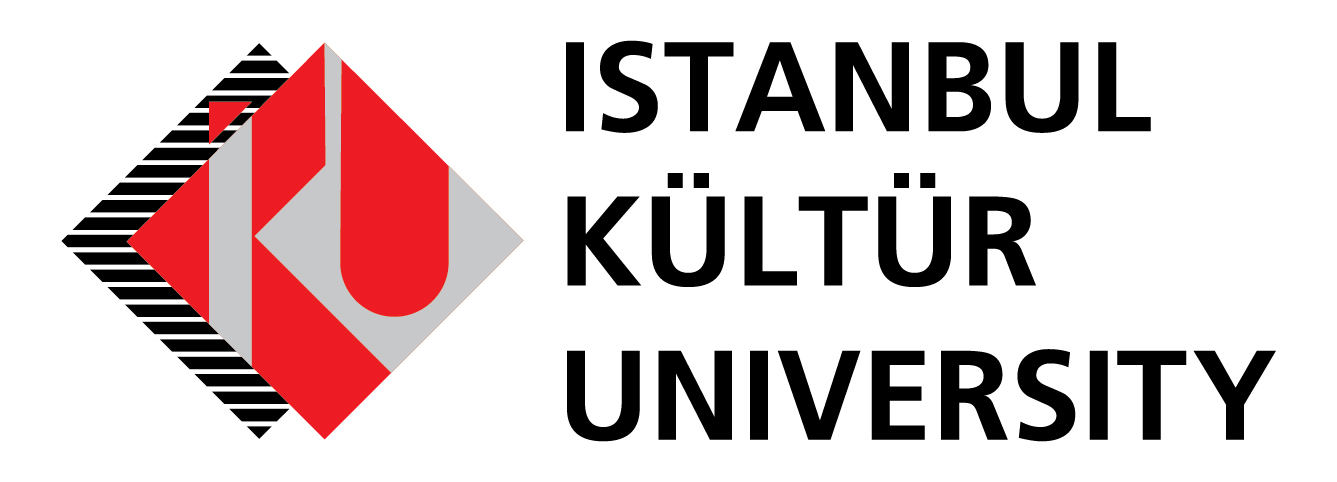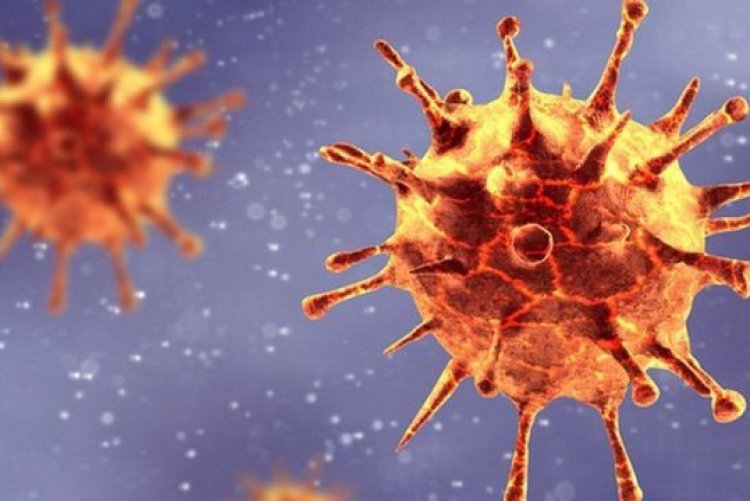Along with the data on COVID-19 cases, the mutation process and variant concepts of the virus continue to arouse public interest. Assoc. Prof. Pınar Obakan Yerlikaya, an academic at IKU Department of Molecular Biology and Genetics, said that COVID-19, which is called SARS-COV-2 in the literature, undergoes mutations in order to bind to human cells more tightly and reproduce more easily.
Recently, a group of scientists, including the director of the American National Institute of Allergy and Infectious Diseases and immunologist Dr. Anthony Fauci, stated that the double mask is especially important to prevent the transmission of new variants. Assoc. Prof. Pınar Obakan Yerlikaya who states that it is possible to reduce the permeability of the virus with double masks, said about the use of double masks: “The feature of masks is to block virus-containing droplets and prevent them from entering our respiratory tract. At this point, the more physical barriers in the mask, the more droplets we can block. It is also very important to use the right masks. It is important to choose surgical masks and N95 masks containing 3 layers. Especially when it comes to our exposure to new variants, the possibility of developing disease increases even more, so wearing double masks, maintaining social distance, and not entering closed spaces as much as possible are the precautions that should be taken.
"Mutation can make the virus stronger or weaker"
Our teacher, who also clarified the concepts of virus mutation and variant, pointed out that viruses are not living structures unless they infect a host cell, and that they need a host cell to reproduce and become alive. Assoc. Prof. Pınar Obakan Yerlikaya said the following about the mutation of the coronavirus: “The inheritance material that the COVID-19 virus transfers to newly formed viruses while reproducing is RNA. Hence an RNA virus. It infects human cells first. Then, it makes our cells make the proteins encoded in the viral RNA using protein-forming mechanisms. In other words, the factory for the production of new coronaviruses has now been becoming our cells. "
Assoc. Prof. Obakan Yerlikaya who noted that RNA viruses have more mutations than DNA viruses, also stated that SARS-COV-2 undergoes mutations in order to bind to human cells more tightly and reproduce more easily. Assoc. Prof. Obakan Yerlikaya said the following regarding the process of the mutation: “RNA contains nucleic acids similar to DNA,”. As DNA or RNA is re-synthesized at each division, a new cell or a new virus is formed, nucleic acid changes, called mutations, occur. These changes can make viruses stronger or weaker. What we mean by power is that they are more contagious or lethal. We see that some viruses develop adaptations in a short time while keeping up with their hosts or environments. These adaptations are mutations.
Pay Attention to S Protein
Our teacher who points out that the rate of mutation increases as viruses are transmitted and enter new hosts, also clarifies the concept of the most commonly heard viral variant with COVID-19: “The viral variant is a subtype that has mutated and has acquired new features compared to the first main virus. For example, we see that the new coronavirus has new variants in different countries, that is, new mutations and therefore new variants appear within the population of that country. For example, variants of SARS-COV-2 have been shown in the UK, South Africa and Nigeria. Their common feature is that they carry a mutation in one of the amino acids (Spike protein) of the S protein that the virus uses to attach to our cells. With S protein mutations, new variants can bind to our cells more tightly. So they become more contagious and infectious. The good news is that these variants do not change the course of the disease."
The variants that are found in Turkey
Assoc. Prof. Obakan Yerlikaya who pointed out that these variants are also spreading around the world as a result of international travels and violation of pandemic conditions, states that violation of pandemic measures is effective in mutations. Our teacher who underlined that global measures should be tightened and followed in order to prevent the virus mutating, becoming more contagious or more lethal, said regarding England, South Africa and Brazil variants seen in Turkey: "More infectious version of the virus is in our country. In addition, in various studies, also in Turkey, mutations have been detected in RNA sequences of the virus which encode both S protein and other non structural proteins. However, these mutations did not cause a structural change, especially in the S protein, the binding protein of the virus, as in the UK and South Africa variants. It is the responsibility of all both to prevent the spread of variants come from abroad and to ensure that there are no more contagious variants in Turkey."


